We may earn money or products from the companies mentioned in this post. This means if you click on the link and purchase the item, I will receive a small commission at no extra cost to you ... you're just helping re-supply our family's travel fund.
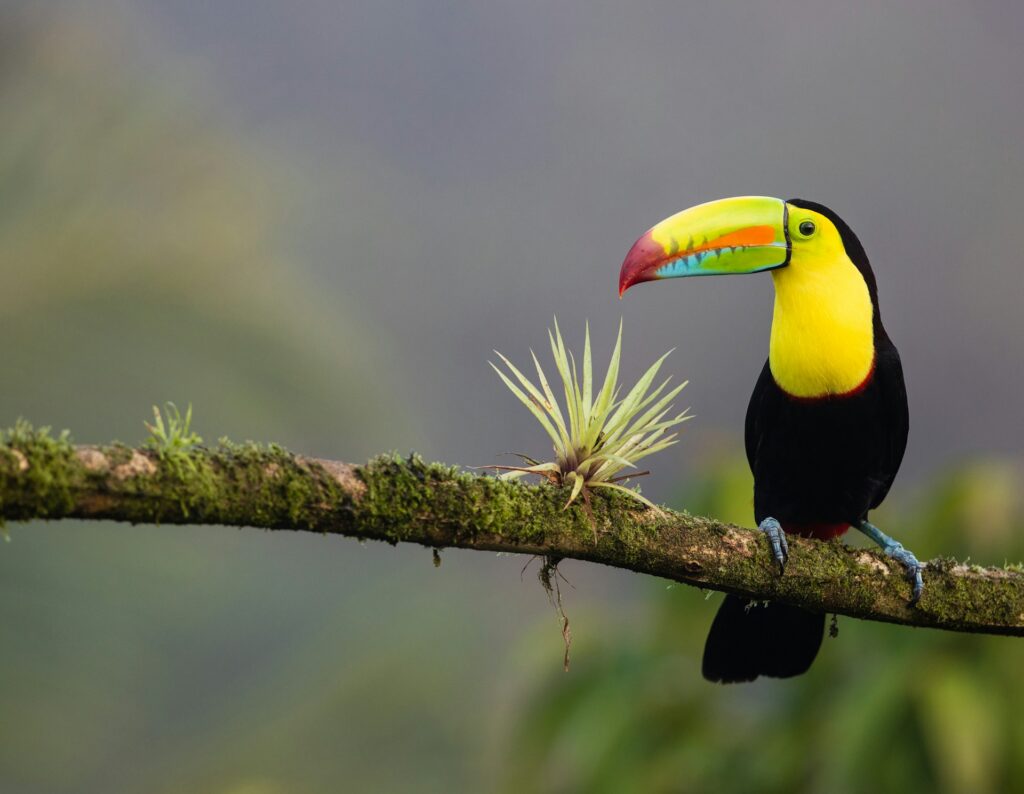
South America’s vast landscapes—from the Amazon rainforest to the Andes mountains—are home to some of the planet’s richest biodiversity. But with escalating threats from deforestation, climate change, and habitat loss, wildlife here faces unprecedented challenges. Travelers wield an unexpected power: the chance to support conservation and local communities. Simple yet impactful actions during your trip can protect species and ecosystems, turning your adventure into a force for good.
Choose Eco-Friendly Tours
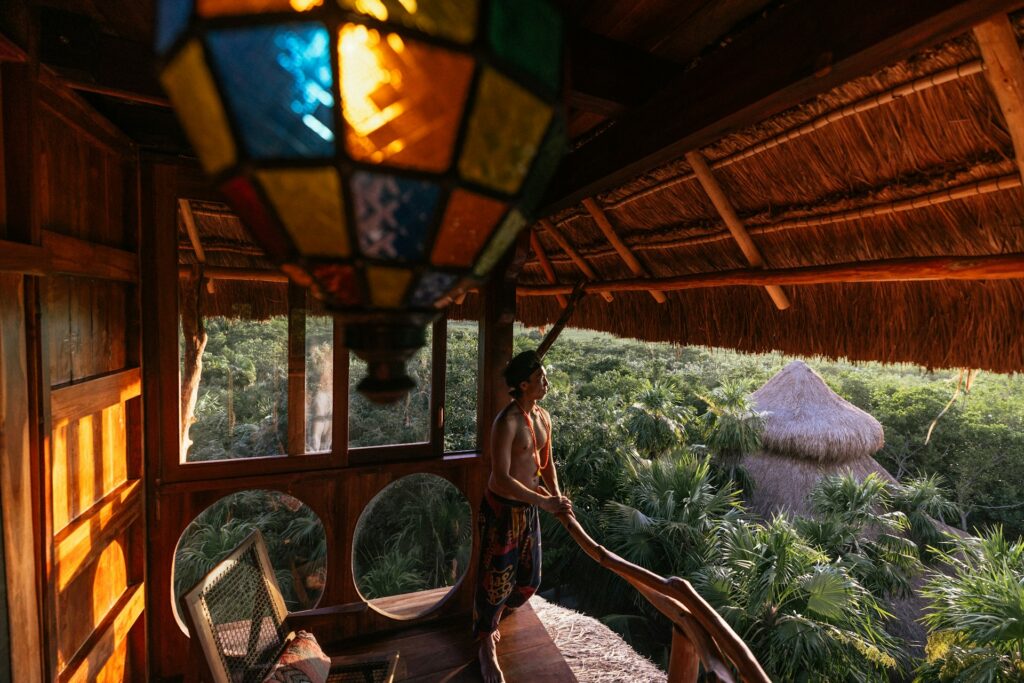
Opt for tours run by certified eco-lodges or conservation groups. These tours prioritize minimal environmental impact, wildlife protection, and support for local livelihoods. Guides often double as educators, sharing insights on animal behavior and ecosystem dynamics. This ensures your experience is responsible, respectful, and contributes financially to preservation efforts rather than exploitation.
Respect Wildlife Boundaries
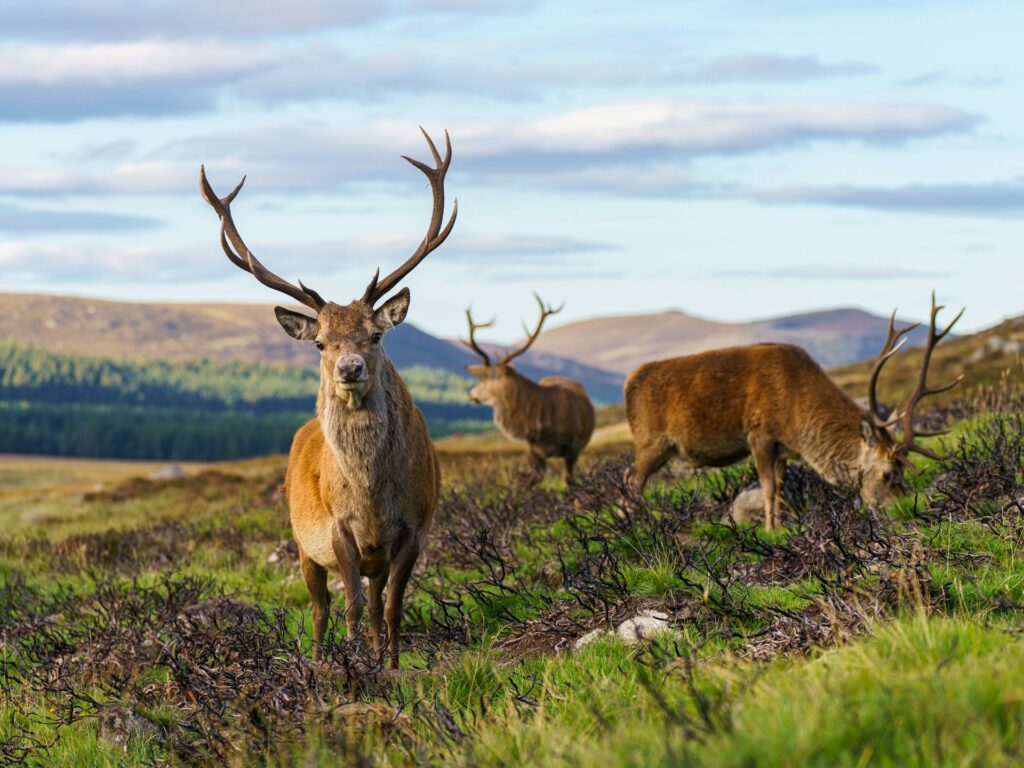
It’s tempting to get close to exotic animals, but maintaining safe distances reduces stress and prevents behavioral changes. Use binoculars and zoom lenses to observe without intrusion. Avoid feeding wildlife; unnatural diets can harm animals and disrupt food chains. These small acts preserve natural behaviors, ensuring animals continue thriving in their habitats without human interference.
Support Local Conservation Projects
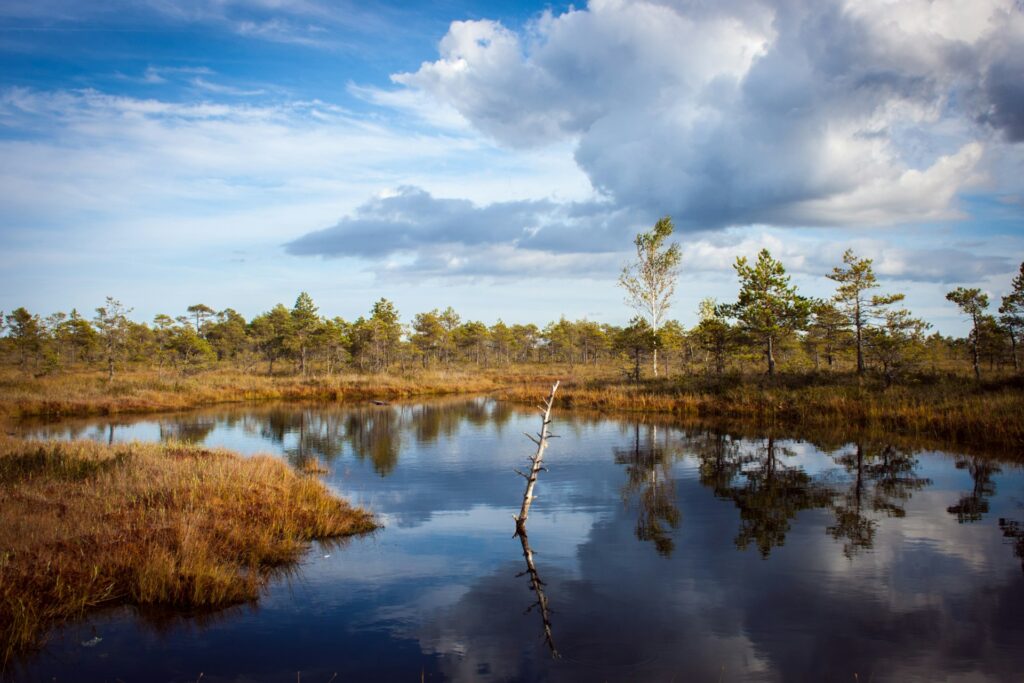
Many grassroots projects welcome traveler donations or volunteer support. From reforestation initiatives in the Atlantic Forest to jaguar monitoring programs in the Pantanal, your contributions fund vital research and habitat restoration. Volunteering—even for a day—connects you directly to the land and species you’re helping protect, adding meaning to your travels.
Reduce Plastic Use
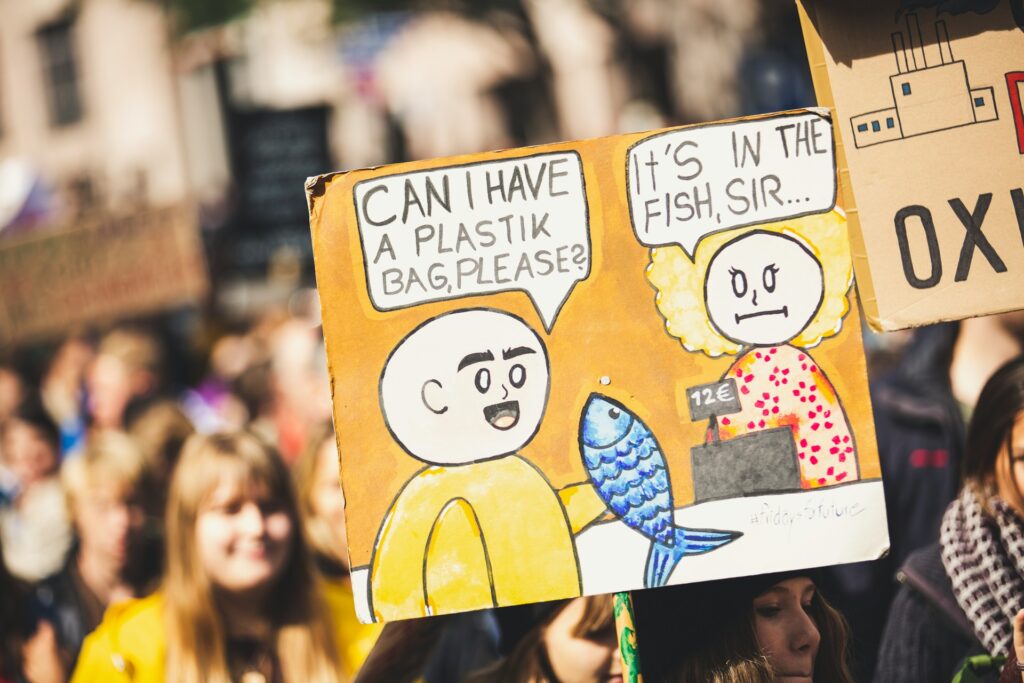
Single-use plastics pollute waterways and forests, threatening marine and terrestrial animals alike. Carry reusable water bottles, bags, and containers. Avoid plastic straws and utensils during meals. South America’s natural beauty depends on collective action, and reducing plastic waste during your trip lessens your ecological footprint on these fragile environments.
Choose Sustainable Accommodations
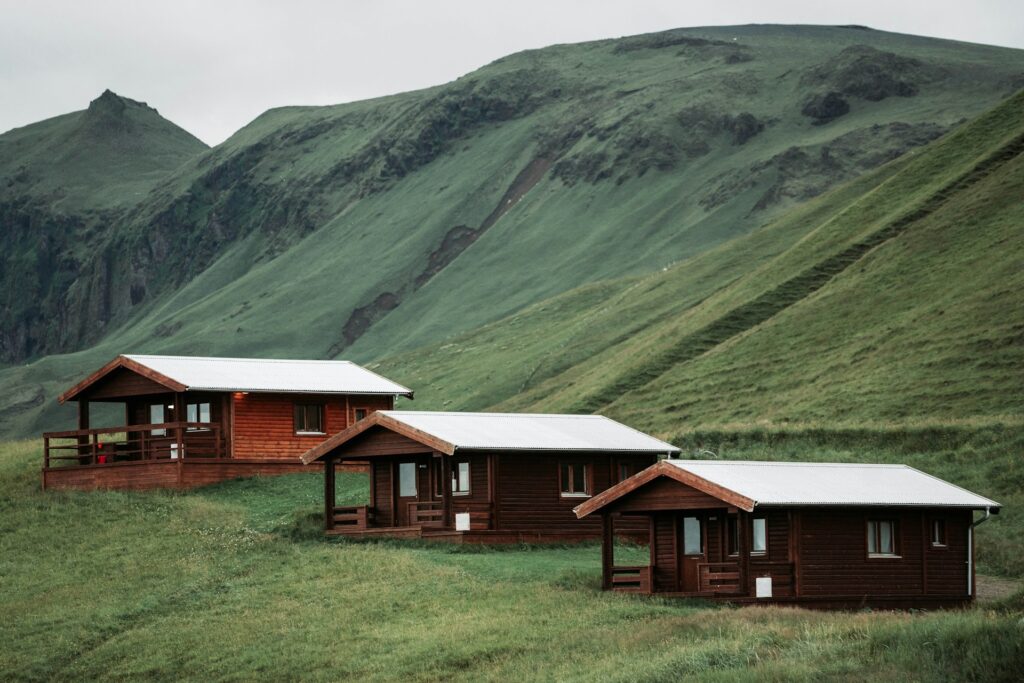
Eco-lodges and green hotels invest in renewable energy, water conservation, and waste reduction. Many also engage in wildlife monitoring or habitat preservation on their grounds. Staying at these places not only supports sustainable tourism but often enhances your experience through proximity to nature and conservation activities.
Practice Responsible Photography

Flash photography can disorient nocturnal animals, and bright lights disturb nesting birds. Avoid using flash or bright spotlights near wildlife. Be patient and let animals come to you rather than chasing shots. Sharing ethical wildlife photos helps spread awareness without causing harm, promoting conservation-minded tourism.
Use Biodegradable Products
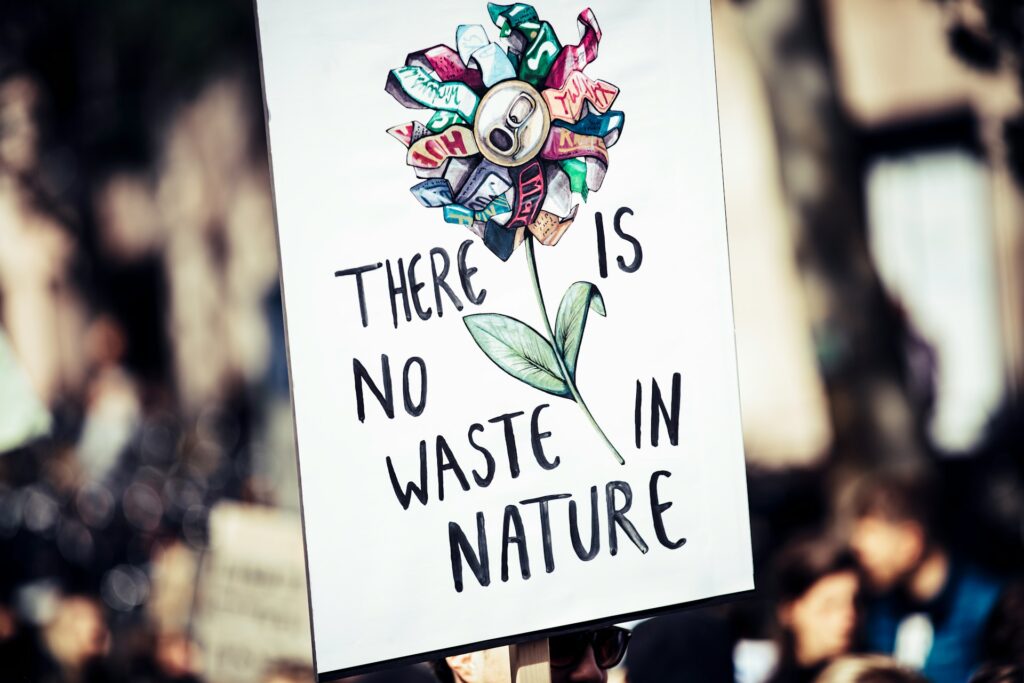
Switch to biodegradable soaps, shampoos, and insect repellents to avoid contaminating soils and waterways. These products break down naturally without leaving harmful residues that can poison aquatic life or alter fragile ecosystems. Many eco-friendly products are now widely available and effective alternatives to conventional chemicals.
Minimize Noise Pollution

Noise disrupts animal communication and breeding patterns. Keep voices low and limit the use of music or loud devices when near wildlife habitats. This respect helps preserve the natural soundscape and prevents driving sensitive species away from their homes, supporting the integrity of South America’s vibrant ecosystems.
Support Indigenous Communities

Indigenous groups steward vast tracts of rainforest and have deep ecological knowledge. Choosing tours and markets run by indigenous people ensures your tourism dollars promote cultural preservation and sustainable management. This approach strengthens community-led conservation, linking wildlife protection with social justice.
Avoid Wildlife Souvenirs
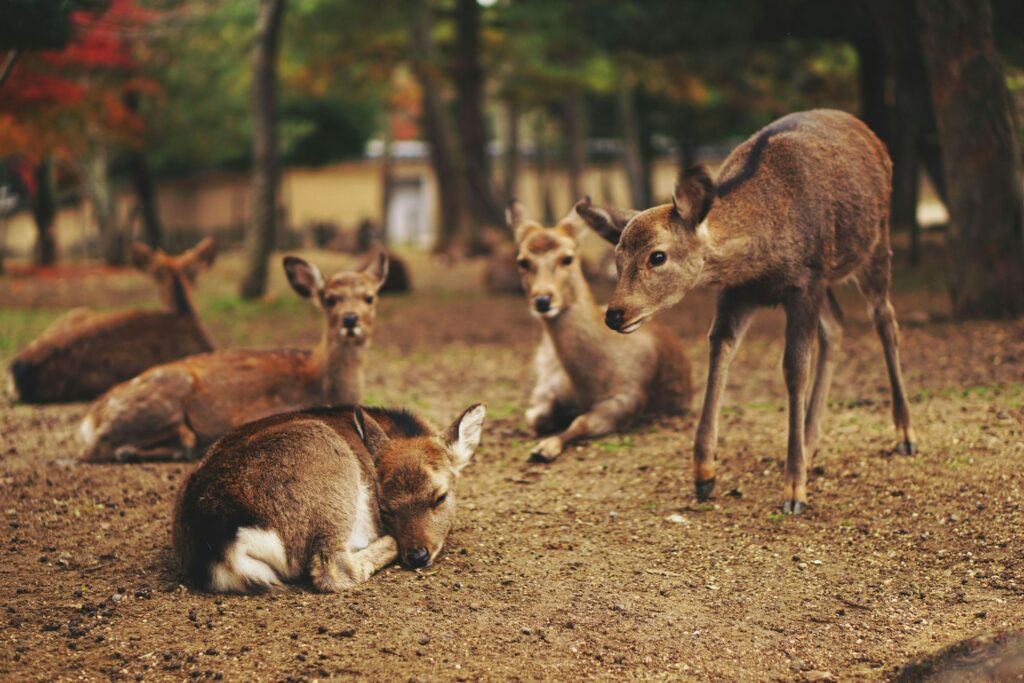
Products made from animal parts or endangered plants contribute to illegal trafficking and population declines. Avoid buying feathers, skins, or coral as souvenirs. Instead, opt for handcrafted goods made from sustainable materials that celebrate local culture without harming biodiversity.
Participate in Citizen Science

Several conservation groups invite travelers to report wildlife sightings or participate in monitoring programs. Apps and websites facilitate data collection for species tracking, helping scientists gather vital information. Engaging in citizen science transforms your trip into a meaningful contribution to South America’s wildlife research.
Leave No Trace
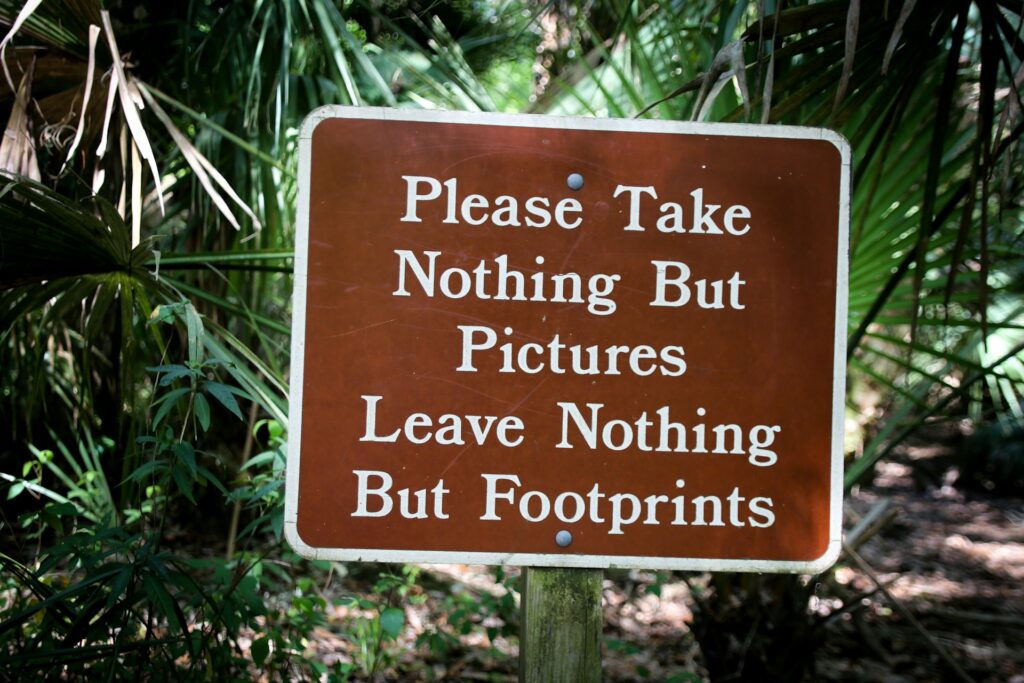
Follow the Leave No Trace principles: pack out all trash, stay on designated trails, and avoid disturbing vegetation. This reduces erosion and habitat degradation, preserving the landscape for future visitors and wildlife alike. Being mindful of your environmental impact ensures the wild places you love remain vibrant for generations.